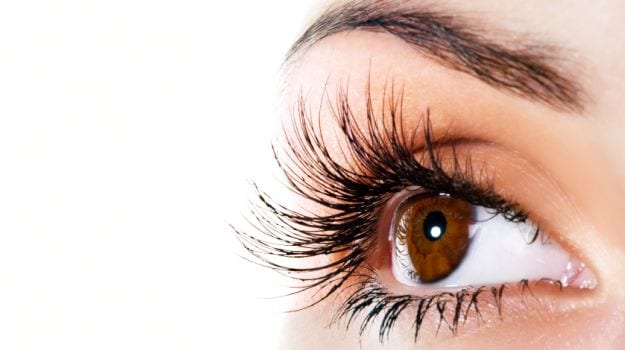If your eyes itch and are red, tearing or burning, you may have eye allergies (allergic conjunctivitis), a condition that affects millions of people worldwide.

Eye allergies often occur during an allergic reaction.
Eyes are a very delicate part in a human body. It is important to take care of them by washing them frequently, covering them with sunglasses, using eye drops and wearing anti-reflectors while using PCs. But with the rising pollution levels, you need to understand that eyes are prone to allergies. Human body is often allergic to certain substances like dust, grass etc. Are you taking enough care? Read the following piece to understand what kind of eye allergies there are and how you can treat them. There could be different types of eye allergies but the symptoms are usually common. Take a look:
- Blurred vision
- Itching
- Inflammation
- Burning sensation
- Redness
- Runny nose
- Tearing
Following are the six types of main eye allergies:
1. Seasonal Allergic Conjunctivitis
This is a very common allergy and usually, it happens during summer, winter and spring. This happens due to pollen and hay fever season. It largely depends on the plant pollen in the air.
2. Perennial Allergic Conjunctivitis
This is just another type of allergic reaction similar to seasonal, though, the symptoms are mild. This can happen around the year and often they are caused due to dust mites, pet dander and household allergens.
3. Vernal Keratoconjunctivitis
It is also a kind of allergy that occurs around the year. Its symptoms usually get worse seasonally. On a peculiar note, it affects young men and boys majorly. It is also noticed that most of the patients have eczema or asthma.
4. Atopic Keratoconjunctivitis
This kind of allergy mostly affects older people and mainly men who have a history of allergy dermatitis. This also happens across the year and it is similar to vernal allergy.
5. Contact Allergic Conjunctivitis
These days, wearing contact lenses is very common. But, did you know that these lenses also cause eye irritation? This allergy is nothing but the result of irritation from wearing lenses.
6. Giant Papillary Conjunctivitis
This is one the most serious kind of allergy conjunctivitis wherein individual fluid bags are developed on the upper lining of the inner eyelid.
How to treat them?
Before anything, it is extremely important that one should be aware of what he or she is allergic to. In case, you are prone to certain allergies or any seasonal change then you should take precautionary measures in advance. Regarding this, you should always get in touch with your ophthalmologist (eye specialist).
Some of the effective medications that doctors prescribe are:
- Immunotherapy or allergy shot
- Antihistamines
- Eye drop
Some of the medications NOT prescribed include:
- Decongestant eye drops
- Artificial tears
- Oral antihistamines
In order to keep allergies at bay, one should make changes in his or her lifestyle. There are few things that you can do at your end:
- Stay away from dust and pollution
- Keep rinsing your eyes with fresh water
- Wear sunglasses when going out and anti-reflectors while using computers
- Wash hands after petting animals
- Maintain hygiene in your environment
In case, you feel pain in your eyes, blurred vision, complete loss of vision, call your doctor immediately. Do not take any such symptoms lightly. Take care!
DoctorNDTV is the one stop site for all your health needs providing the most credible health information, health news and tips with expert advice on healthy living, diet plans, informative videos etc. You can get the most relevant and accurate info you need about health problems like diabetes, cancer, pregnancy, HIV and AIDS, weight loss and many other lifestyle diseases. We have a panel of over 350 experts who help us develop content by giving their valuable inputs and bringing to us the latest in the world of healthcare.














